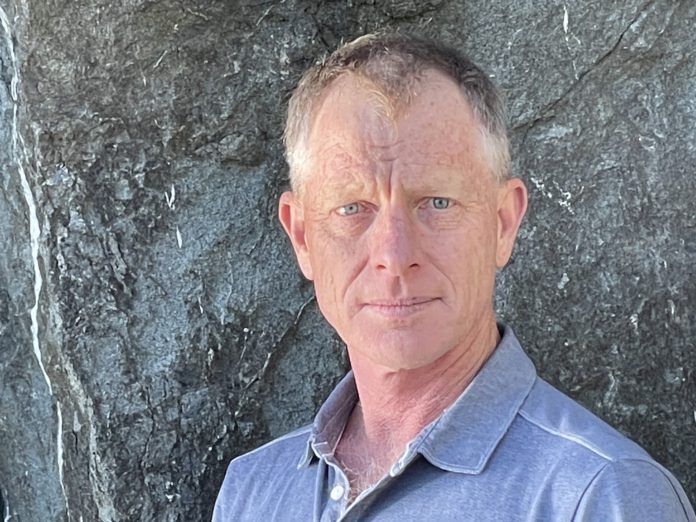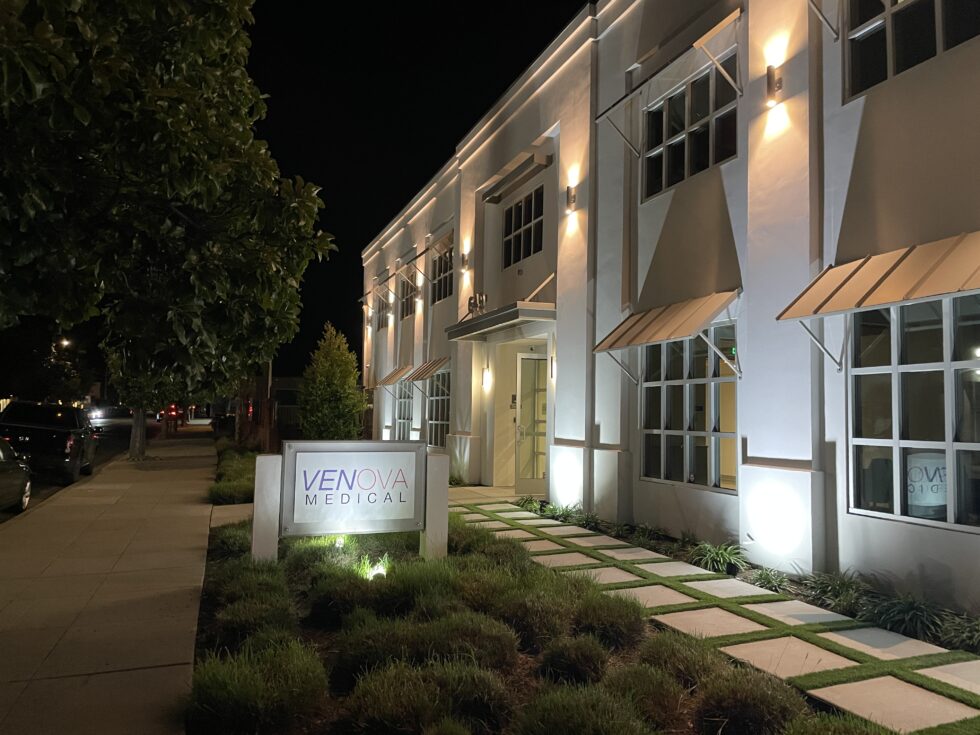
This week, a Los Gatos medical start-up announced it had secured new funding to develop technology involved in the filtering of blood, to improve care for people with chronic kidney and end-stage renal diseases.
Venova Medical, Inc. was co-founded by Erik van der Burg and Dr. Shant Vartanian. It emerged from a Los Gatos residence during the Covid-19 pandemic, growing to more than 10 employees at their facility at 649 University Ave.
On Sept. 4 it announced it had closed a financing deal worth $30 million.
The Series B round was led by Catalyst Health Ventures and an unnamed medical device company, with ShangBay Capital, Mirae Asset Capital, KOFA Healthcare, Cadence Healthcare Ventures and Aphelion Capital also participating.
The company is focused on creating a better connection between a patient and a machine for hemodialysis (the filtering of the blood when kidneys fail).
The approach Venova Medical uses is what’s known as a “percutaneous arteriovenous fistula” (pAVF).
Fistulas for dialysis are essentially connections between arteries and veins that provide high blood flow for dialysis. Normally this is achieved through a surgical procedure.
Venova is developing a new way to create an arteriovenous (artery to vein) fistula that only requires a needle stick in the arm (percutaneous) to avoid the need for surgery.
The privately held company, says the new funding will be used to further develop its technology and conduct clinical studies to gain regulatory approval from the FDA.

The company also announced the appointment of Darshana Zaveri, managing partner at Catalyst Health Ventures, to its board.
At the heart of the deal is the “VelocityTM pAVF System,” which Venova says uses a “minimally invasive technique” to create a fistula.
“Providing a safe, effective and long-lasting method for vascular access is a significant challenge in hemodialysis treatment for patients with kidney failure,” Zaveri said in a release. “Conventional methods such as surgical arteriovenous fistulas (AVF), arteriovenous grafts or central venous catheters have not adequately met this need. Venova Medical’s technology aims to overcome the limitations of these traditional approaches, offering a transformative solution for patients dependent on hemodialysis”.
Their procedure is designed to be performed in an office, surgery center or outpatient hospital setting.
“Despite decades of tremendous efforts from healthcare providers, the vast majority of patients starting dialysis do so with a central venous catheter, subjecting them to increased risk of morbidity and mortality and cost to the U.S. healthcare system as compared to the safer AVF procedure,” Erik van der Burg, CEO of Venova Medical, said in a release. “We believe that the VelocityTM pAVF System will become the new standard of care and reduce the barriers preventing a majority of patients from starting dialysis with an AVF.”
The company is currently conducting a prospective, single center, single-arm VENOS-1 clinical trial (NCT05757726) which is evaluating the safety and feasibility of Velocity System in patients on hemodialysis who are candidates for arteriovenous fistulas.
For more information, visit www.venovamedical.com.
*This article has been updated to clarify medical information and other details









